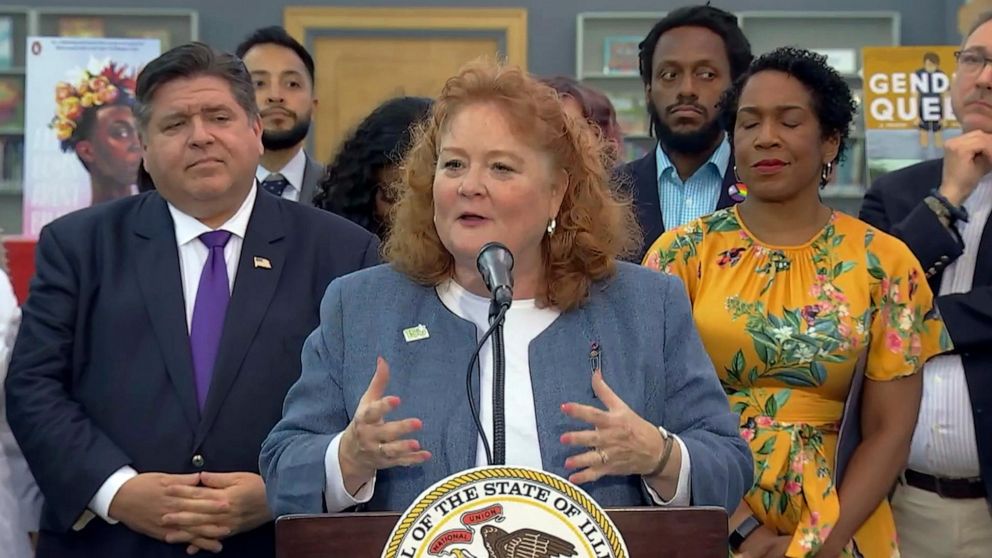With many states and smaller local governments in the U.S. banning or attempting to ban books, Illinois’ state government is doing the opposite, penalizing book bans by withdrawing funding from libraries that restrict or remove books due to “partisan or doctrinal” disapproval.
It’s sad that parts of society seem to be regressing to the point where this law is even needed.
On one hand I absolutely agree. It’s depressing. The manufactured outrage and blatantly false information surrounding conservative book bans is terrifying, and is shadowed by the terrifying fact that people were easily conned into believing it.
On the other, this is a good law and even in a less corrupt system it should exist.
This wouldn’t have been a discussion 30 or 40 years ago. Admittedly, that probably has more to do with the internet making manufactured outrage easier to spread. But it’s not like all conservatives suddenly decided “we need to ban things that make us think outside our conservative sandbox!” overnight. This has always been a problem, a mindset that these people hold, though maybe to a less extreme or binary degree.
If anything, the fact that we’re having this discussion means some progress forward is happening: at least in some places, people are finally saying no when conservatives make intolerant demands. We do need to put up common-sense laws that ban intolerant practices.
Banning banning things is my kind of freedom!
so much for the tolerant left 😔 /j
I love this on so many levels!
I don’t personally care for the penalty that’s imposed, as removing access to libraries inherently affects less affluent socioeconomic groups much more harshly. Political action towards banning a book from a library should result in all libraries receiving the book in question to be stored accessibly in the appropriate book section. Like a weaponized Streisand effect in the pursuit of greater literacy and the protection of the ideal that knowledge is a human right.
I was thinking along similar lines tbh. I couldn’t help thinking that, given bad faith actors (to which there seems to be no lack of), they might exploit this law to drum up a false argument that certain libraries are “refusing” to carry books they want them to carry to deprive them of funding.
However, to my limited knowledge, outside of perhaps safety & accessibility regulations there aren’t typically precedents for compelling an organization to carry non-critical materials. That said, as the law itself is apparently setting a precedent to begin with, I agree that it would have been preferable to create such a precedent for information accessibility.



